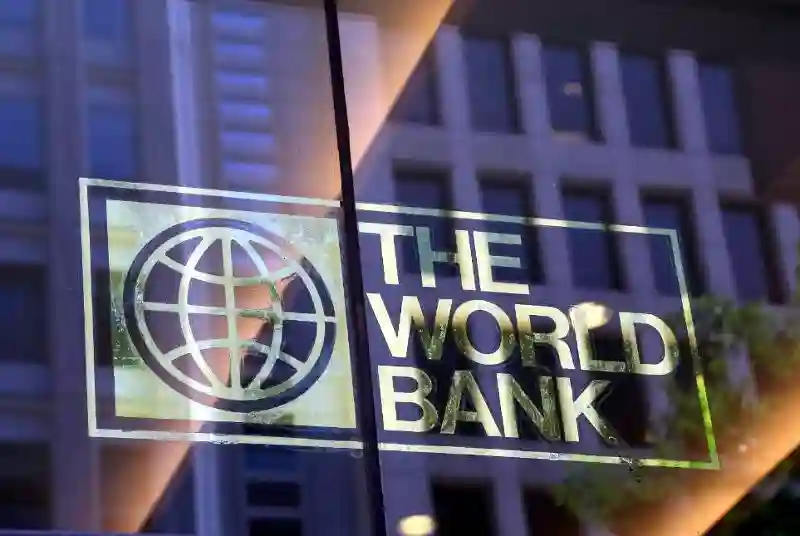The World Bank has classified Zimbabwe as a lower-middle-income country for the current 2023 fiscal year.
The Bank categorises the world’s economies into four income groups, these are:
i). low,
ii). lower-middle,
iii). upper-middle, and
iv). high income.
The classifications are updated each year on July 1 and are based on the gross national income (GNI) per capita of the previous year (2021).
Gross National Income (GNI) is the total amount of money earned by a nation’s people and businesses. It is used to measure and track a nation’s wealth from year to year.
For the current 2023 fiscal year, low-income economies are defined as those with a GNI per capita, calculated using the World Bank Atlas method, of $1,085 or less in 2021; lower-middle-income economies are those with a GNI per capita between $1,086 and $4,255; upper-middle-income economies are those with a GNI per capita between $4,256 and $13,205; high-income economies are those with a GNI per capita of $13,205 or more.
The government of Zimbabwe aims to transform the southern African country into an upper-middle-income economy by 2030, a target which some observers say is likely to be missed if the economy continues to perform dismally as it has been in the past two years.

